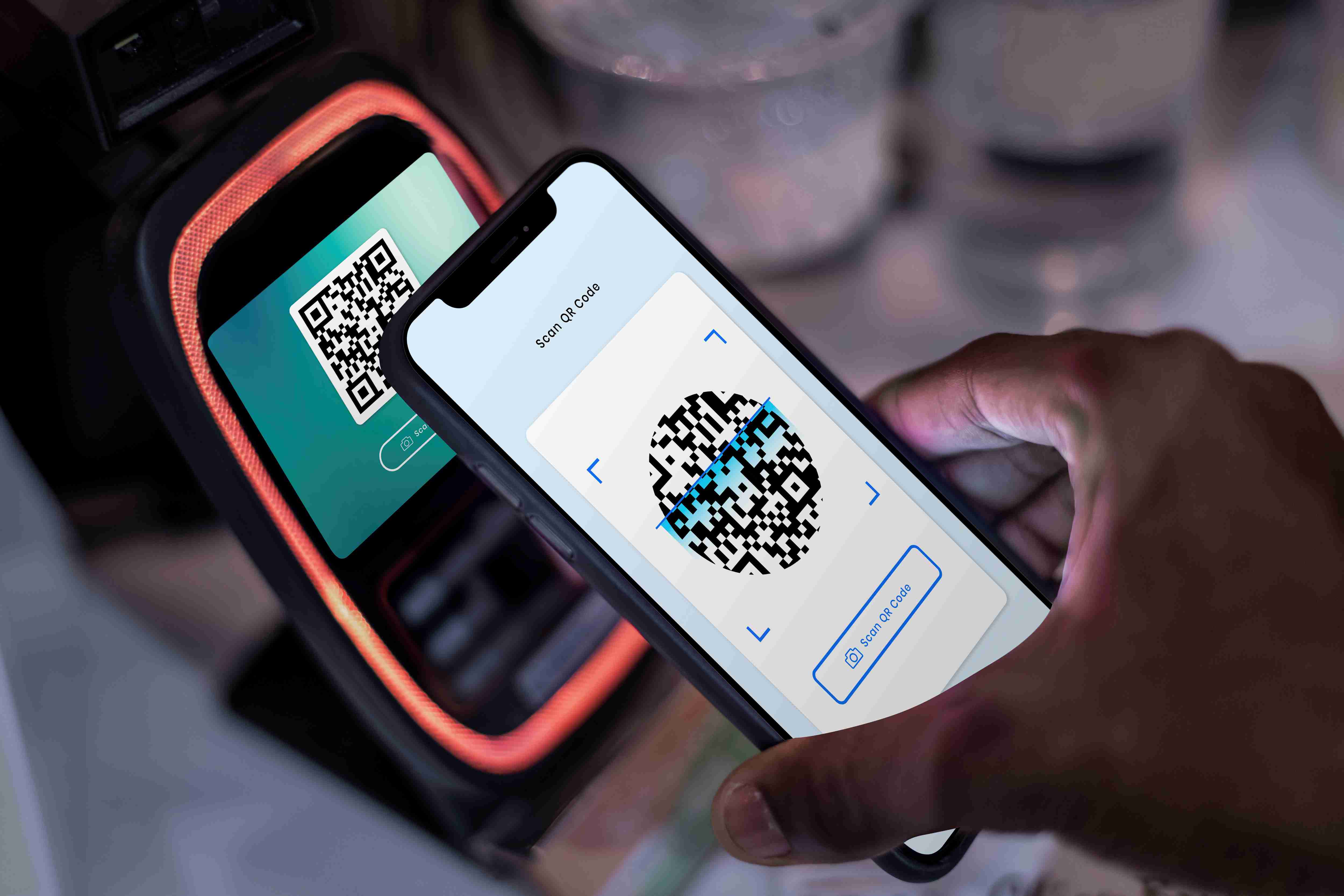As an event owner or organiser, you might think that creating a website specifically for your event is unnecessary, especially with the many social media platforms and ticketing websites available.
However, having a dedicated event website can offer many benefits for both planners and potential attendees. In this blog post, we'll discuss why it's essential to create a website exclusively for your event and the advantages it can bring.
Increased visibility and accessibility
Creating a website for your event can help you reach a broader audience and make your event more accessible. By optimising your website for search engines, potential attendees can easily find your event when searching online. Your website can also provide all the essential details about your event, such as date, time, location, and ticketing information, making it more accessible to those who may not be on social media platforms.
Create a Professional image
A website can give your event a professional image and help you stand out from the crowd. Your website can be tailored to your event's brand, with custom colours, logos, and design elements, creating a cohesive look across all your marketing materials. A professional website can help build trust with potential attendees, sponsors, and partners, and establish your event as a reputable and high-quality experience. For more tips on creating a professional impression and cohesive branding read our guide.
More control over ticketing and registration
By creating a website exclusively for your event, you can have more control over ticketing and registration processes. You can integrate a ticketing system directly into your website, allowing attendees to purchase tickets directly from your event page. This can save you money on third-party ticketing services and give you greater flexibility and control over pricing and promotions. It also gives all potential attendees one central location to register for your event.
Increased sponsorship and partnership opportunities
Your event website can also be an essential tool for attracting sponsors and partners. You can highlight sponsorship opportunities and benefits, providing a clear incentive for potential sponsors to get involved. Having a website may help companies who wish to be event sponsors find your event easily and be able to kickstart a business partnership. By creating a professional and well-designed website, you can showcase your event's value and audience, making it more attractive to sponsors and partners.
Track Analytics
Much like tracking your social media analytics and the reach of your event marketing, having an event specific website means you can track its analytics. You can track the number of visitors to your site and where they are coming from. By analysing this data, you can gain insights into the effectiveness of your marketing efforts and which channels are driving the most traffic to your site. You can also see the location of your website’s reach, be it close to your venue or if marketing is reaching internationally.
Encourage Email Marketing
An event website can include forms to capture email addresses for people interested in the event. These email addresses can then be used to build an email marketing list to help with pre-event marketing to build buzz or after the event to capture feedback and advertise future events.
In addition, an event website can be integrated with email marketing tools to track email open rates, click-through rates, and other metrics. By analysing this data, you can optimize your email marketing campaigns and tailor your messaging to better resonate with your audience.
Final Thoughts
In conclusion, creating a website exclusively for your event is essential to its success. It can provide increased visibility and accessibility, better communication and engagement as well as more control over ticketing and registration, and increased sponsorship and partnership opportunities. By investing in a dedicated website, you can provide an immersive and informative experience for all of your attendees, setting your event up for long-term success.
For more helpful tips for event planning, visit ExpoBeacon Insights and news.






